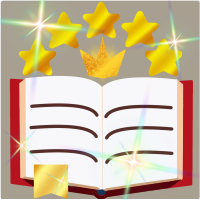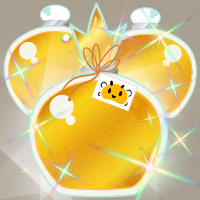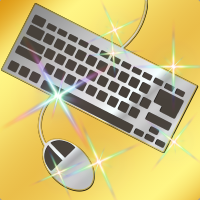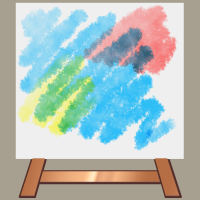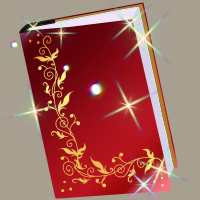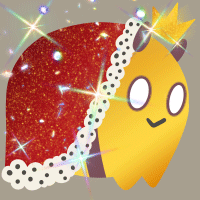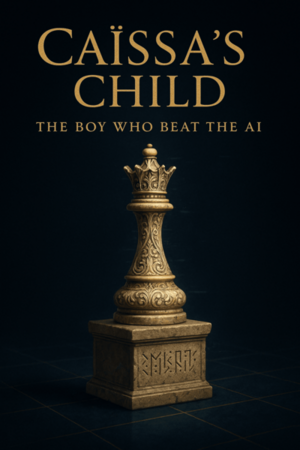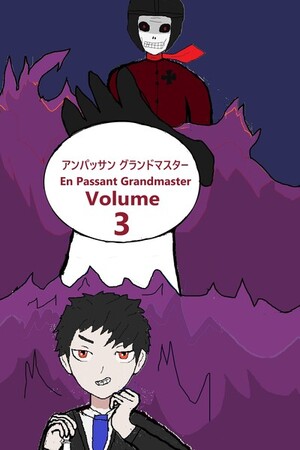Dec 07, 2025
[Game log #5]
Here's the game featured in Chapter 5 between Okisato and Col Baskerville Moran. It features a Danish Gambit Declined, but it's still an intense game.
[Event "N/A"]
[Site "Sumida, Tokyo"]
[Date "2024.08.17"]
[Round "N/A"]
[White "Okisato Tanabe (2600)"]
[Black "Col Baskerville Moran (2212)"]
[Result "1-0"]
1. e4 e5 2. d4 exd4 3. c3 Qf6 4. Bd3 Bc5 5. Nf3 Nc6 6. e5 Qe6 7. O-O Bb6 8. cxd4 Bxd4 9. Bc2 Bc5 10. Ng5 Qe7 11. Nc3 h6 12. Nd5 Qxe5 13. Re1 hxg5 14. Rxe5+ Nxe5 15. Nxc7+ Kf8 16. Nxa8 Nf6 17. Be3 Bxe3 18. Qd6+ Kg8 19. Qxe5 Bf4 20. Qc3 Bxh2+ 21. Kf1 Ne8 22. Re1 Nd6 23. Qxc8+ Nxc8 24. Re8# 1-0
![]()
